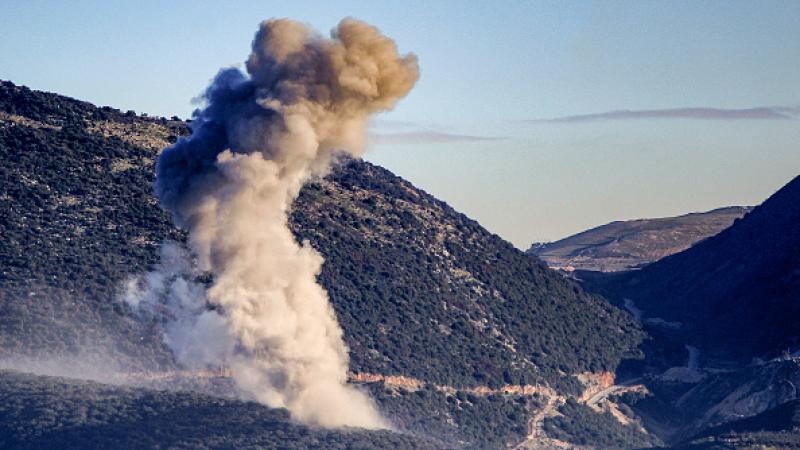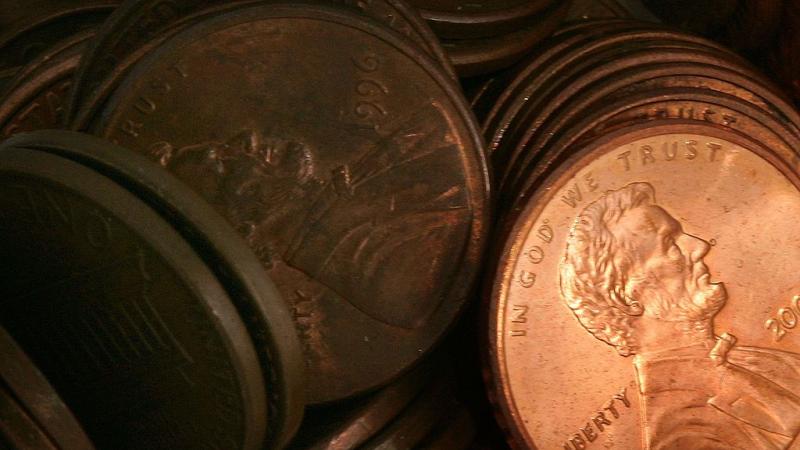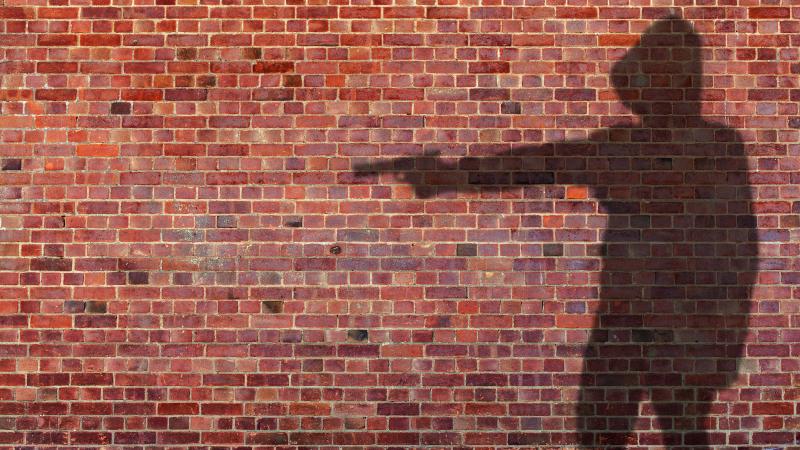An unlikely alliance: ACLU pushes to unseal government warrants targeting Project Veritas
Civil liberties groups have expressed concern about DOJ overreaching authority, assaulting free press in sweeping probe against conservative journalist James O'Keefe
The American Civil Liberties Union (ACLU) has asked a federal judge presiding over a case involving extensive government surveillance of a media organization that's critical of the Biden administration to unseal the warrants used to raid the home of the media outlet's founder.
Last week, attorneys for the ACLU wrote a letter to Judge Analisa Torres of the U.S. District Court for the Southern District of New York objecting to the court declining to unseal the search warrant application and related judicial documents filed in connection to the raid of the home of investigative journalist James O'Keefe, founder of Project Veritas.
In November, federal prosecutors obtained and executed warrants to raid the homes of three Project Veritas journalists, including O'Keefe, and seize their electronic devices. O'Keefe was handcuffed by FBI agents during the search of his home and required to stand in the public hallway of his apartment building dressed in his underwear, according to court documents.
In December, the magistrate judge assisting Torres in the case declined requests to unseal the search warrant materials, arguing the government's stated interest in protecting both the integrity of an ongoing grand jury investigation into Project Veritas and the privacy of uncharged individuals named in the documents outweighed the public's interest in accessing the information.
The magistrate judge's opinion led the Reporters Committee for Freedom of the Press (RCFP) to file a motion calling on the court to unseal the materials.
The ACLU's new letter expresses support for the RCFP's objection, noting that a significant amount of information about the government's investigation has been made public since the magistrate judge issued her order.
"A great deal of information about the government's investigation into Project Veritas has already found its way into the press," Brian Hauss, a senior staff attorney with the ACLU, told Just the News. "But a partial picture may be a distorted one. To the extent possible, these documents should be made public."
In December and March, the New York Times published several reports revealing details of the government's sweeping probe targeting O'Keefe and Project Veritas. Critics have suggested the FBI and Justice Department leaked details of their probe to the Times in an unethical way.
"The [RCFP's] motion to unseal must be considered in light of these disclosures," the ACLU letter states. "Even if [the magistrate judge's] order were correct when it was issued, the light subsequently shed on the government's investigation may have diminished the need for continued secrecy with respect to substantial portions of the search warrant materials."
The ACLU added that the court should unseal the search warrant materials if it's feasible to do so with appropriate redactions.
"The ACLU respectfully submits that this court should reassess whether blanket sealing of the search warrant materials is still justified given the amount of public information now available about the government's investigation," the letter concludes.
The impetus for the government's probe dates back to September 2020, when sources contacted Project Veritas saying they found a diary belonging to then-presidential candidate Joe Biden's 40-year-old daughter, Ashley Biden, that had been left behind along with other belongings when she moved out of a Delray Beach, Fla. house subsequently occupied by one of the sources.
Over the next month, Project Veritas worked to authenticate the diary, reaching out to Ashley Biden and the Biden campaign, but ultimately decided against publishing its contents. However, an unaffiliated news site, National File, separately published the full diary in late October 2020, days before Project Veritas arranged for the diary to be delivered to the Delray Beach police department.
Journalists are legally protected by the First Amendment for receiving materials from sources — regardless of how the sources obtained the materials themselves before handing them over to the media.
Still, about a year later in October, the FBI seized the electronics of Project Veritas' sources and tried to interview them.
The following month, the FBI raided the homes of O'Keefe and two of his Project Veritas colleagues.
Then in late March, O'Keefe's attorney, Paul Calli, filed a motion petitioning for his client's property to be returned. The motion revealed that earlier in March, Project Veritas was notified by Microsoft, its electronic communications service provider, that for over a year the government had been secretly seizing and reviewing the media organization's emails and other electronic information through sweeping search warrants under nondisclosure orders.
Microsoft was able to notify Project Veritas of this surveillance only because the Big Tech firm's attorneys resisted government efforts to renew nondisclosure orders and told federal prosecutors that Microsoft would pursue litigation to disclose these matters.
The government tried to keep the electronic surveillance orders hidden even after its investigation became public knowledge and the U.S. District Court for the Southern District of New York appointed a special master to supervise federal prosecutors' access to Project Veritas' materials.
Through the Microsoft search warrants, which were unsealed in March, the government seized nearly 200,000 Project Veritas emails and other files, many of which were unrelated to the Justice Department's purported reason for initiating the warrants.
The Justice Department has contended there's probable cause to believe Project Veritas was involved in stealing the diary and transporting it — a claim denied by the sources, who have consistently said it was abandoned at the Florida house, and O'Keefe's legal team.
Calli has accused the FBI and Justice Department of a witch hunt targeting a media organization openly critical of the Biden administration, arguing the government is violating the First Amendment, Fourth Amendment, and the Privacy Protection Act.
"The ACLU has taken a righteous and principled stance regarding the government's desecration of the First Amendment," Calli told Just the News. "Project Veritas is grateful for the support of the ACLU and the Reporters Committee for Freedom of the Press."
Calli added, "Sadly, partisan political activists like those at the New York Times, and others in the for-profit, credentialed, cloistered, legacy media, as well as blogs like the Columbia Journalism Review, have not woken to the threat to all journalists."
Calli has previously told Just the News that the government doesn't want to unseal the search warrant materials for Project Veritas because federal prosecutors and FBI agents lied and misled in them to obtain warrants from judges.
The Justice Department declined to comment for this story.















